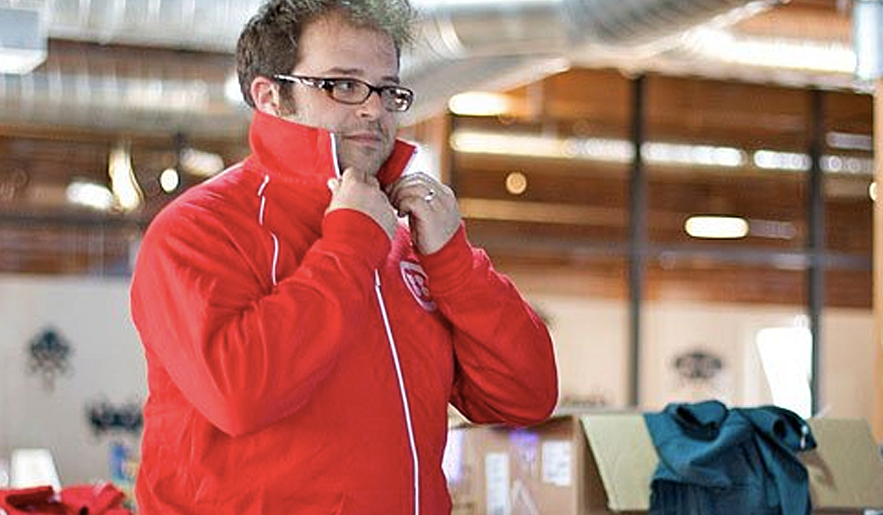Want smarter insights in your inbox? Sign up for our weekly newsletters to get only what matters to enterprise AI, data, and security leaders. Subscribe Now

Seventy million dollars is a drop in the bucket compared to the enormous financial heft of the telecommunications industry. But in the world of startups, that’s still a healthy (in the Southern sense) sum.
And coincidentally, it’s the amount that telephony company Twilio has just raised in its fourth — and perhaps final — round of venture capital funding.
As Twilio CEO Jeff Lawson said in an interview with VentureBeat yesterday, “We’re in an enormous industry. Telecommunications is hundreds of billions of dollars, one of the biggest industries that there is, and it’s transitioning from a world of hardware and carriers into the future, which is a world of software.
“And in that world, APIs are the new dial tone. We want to be that dial tone.”
Twilio, which makes telephone calling and texting software APIs for developers, said the round was led by new investor Redpoint Ventures with participation from existing investor Bessemer Venture Partners and new investor Draper Fisher Jurvetson. Redpoint partner Scott Raney will be joining the Twilio board.
Twilio sits neatly at the juncture of cloud technology (so hot right now) and developer tools (even hotter).
“It seems obvious that every other industry of big enterprise software — CRM, ERP, HRM — has moved to the cloud. That’s proven,” said Lawson. “So telecom is absolutely no different; it’s even more likely to move to the cloud because it’s already connected to a network. That’s a no-brainer that most of communications is going to move to the cloud over the next decade.
And with the not-so-slow disappearance of hardware comes a need for new tools and new partnerships. Lawson said Twilio works telcos, both as a buyer and as a partner.
“But that doesn’t change the fact that something still needs to connect the fabric of our homes and businesses,” he said. “The business logic, the intelligence of these applications, that’s no longer something hardware can solve.
“If you think about it, you don’t have to look any further than your pocket to see the future. Ten years ago, if you wanted to make a telephone call, you picked up a telephone, and the only thing it would do for the life of the device is make a telephone call. And now, we make those calls on a general purpose computer. In a world of pocket computers, how much room for innovation is there? It’s all in software.”
In addition to software, Twilio has its eye on hardware innovation, including new form factors just being hacked into existence. For example, Twilio developer advocate Jon Gottfried recently built a Twilio client for Google Glass.
“I think it seems clear that one of the key use cases of wearable computing is communications,” Lawson said.
“Think of Star Trek communicators — it’s the badge on your chest. … We’re obviously in the extreme early days, but it’s gonna move fast. And the advancements are going to come from the software people.
“There’s a lot of platforms where people are innovating; our goal is to enable people on all platforms.”
As mentioned at the top of this article, a huge Series D can signal a couple things for a company like Twilio. The San Francisco-based startup has been around for six years now and is one of the more established developer tools around.
So, we asked Lawson, what’s it gonna be: acquisition or IPO?
Like any CEO, Lawson told us that the company’s (and the investors’) number-one goal is to build a great company and a robust business, “and whatever happens, happens.
“If we decide we want to go public, we’ll do that. We’re certainly not focused on being acquired. The most obvious outcome is becoming a public entity. That’s a privilege that’s afforded you if you build a great company.”
So, what’s next for the company? While the CEO couldn’t give any specific hints about the next product launches to expect, he noted,, “Part of our growth and the Series D is that we’ve got a really cool pipeline of new things we’re gonna be releasing. We’re really excited. We can’t wait to see what people are gonna build. We’re always astounded by the ways people and companies use Twilio.”

